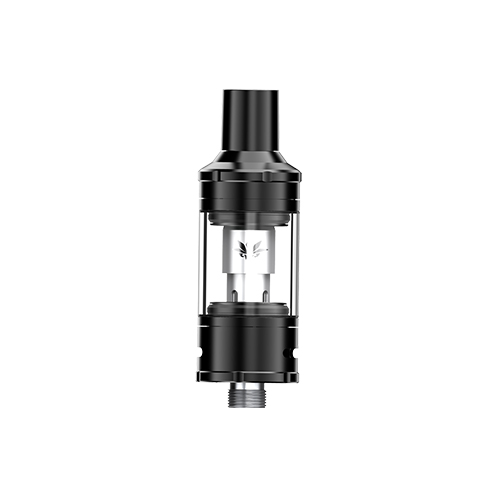One member of the team, Dr Leonie Brose, said: “We know that smoking is very harmful. Across the world it kills about 7 to 8 million people per year. In England, about 78,000 people per year die from smoking. Many people try to quit smoking each year, but most aren’t successful. We know from surveys that e-cigarettes have become the most popular aid that smokers use when they attempt to quit smoking; about 27% of smokers.
“So, obviously, it’s really important to know if that use of an e-cigarette helps them to quit, if it makes it more likely they’re successful or less likely possibly.”
Did vaping products help people to quit smoking? Lead author Máirtín McDermott commented: “Yes. Yes, they did. We found that for one month at the end of the follow up period, those who used electronic cigarettes daily had between three- and five-times greater odds of achieving abstinence than those who had used no help to give up and quit smoking.
“The higher rate of abstinence, the one that had over five-times the odds, that was for the newer models of electronic cigarettes we termed them, but even those who used the older models had over three-times greater odds of quitting smoking completely.”
But why is there a variance between the types of vape products people use and their success at quitting? Dr Máirtín McDermott believes it is to do with the amount of nicotine consumed.
“We know from studies of nicotine replacement therapy that…the more nicotine you take in is associated with increased chances of quitting smoking. It’s most likely a similar effect going on here. So, those who consumed more nicotine had higher chances of success.”
This sounds like a compelling argument to raise the cap on nicotine concentration in e-liquid.
Dr Leonie Brose added: “I think there may be some other factors coming into play. Maybe people who buy more advanced, more expensive models are more committed to using them more? Also, our data from people using disposable e-cigarettes (the ‘old types’ as we called them), they probably didn’t go into a vape shop to buy them and when people go into vape shops to buy their devices, they’re maybe getting additional advice about switching and using the right combination of devices and e-liquids. I imagine that may also play a roll.”
Great news for the vape industry that academics are recognising the role they can play in helping smokers to quit.
The authors of the study (1) concluded: “Data from a large sample of smokers attempting to quit smoking in real‐world conditions indicate that when used daily, both refill/modular and disposable/cartridge ECs facilitate abstinence from smoking.”
The study also noted that vaping was more successful than traditional nicotine replacement therapies such as gum, patches, or medication.
Dr Leonie Brose was clear that the study has implications for policymakers: “[They need] to continue to support e-cigarettes as one option for quitting smoking and also, recently, there have been some calls from the WHO to consider banning specific types of e-cigarettes, particularly those types that can be refilled, that are modular, and those were the types that were associated with the highest odds of success. There is a risk of unintended consequences of banning certain types of e-cigarettes.”
News from:https://www.planetofthevapes.co.uk/news/vaping-news/2021-05-20_effective-e-cigs.html

















